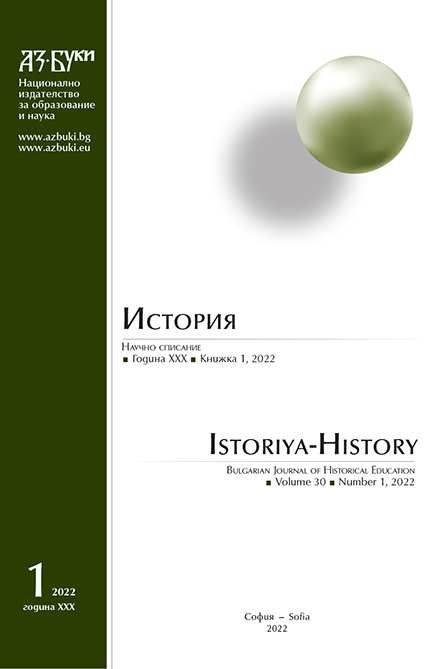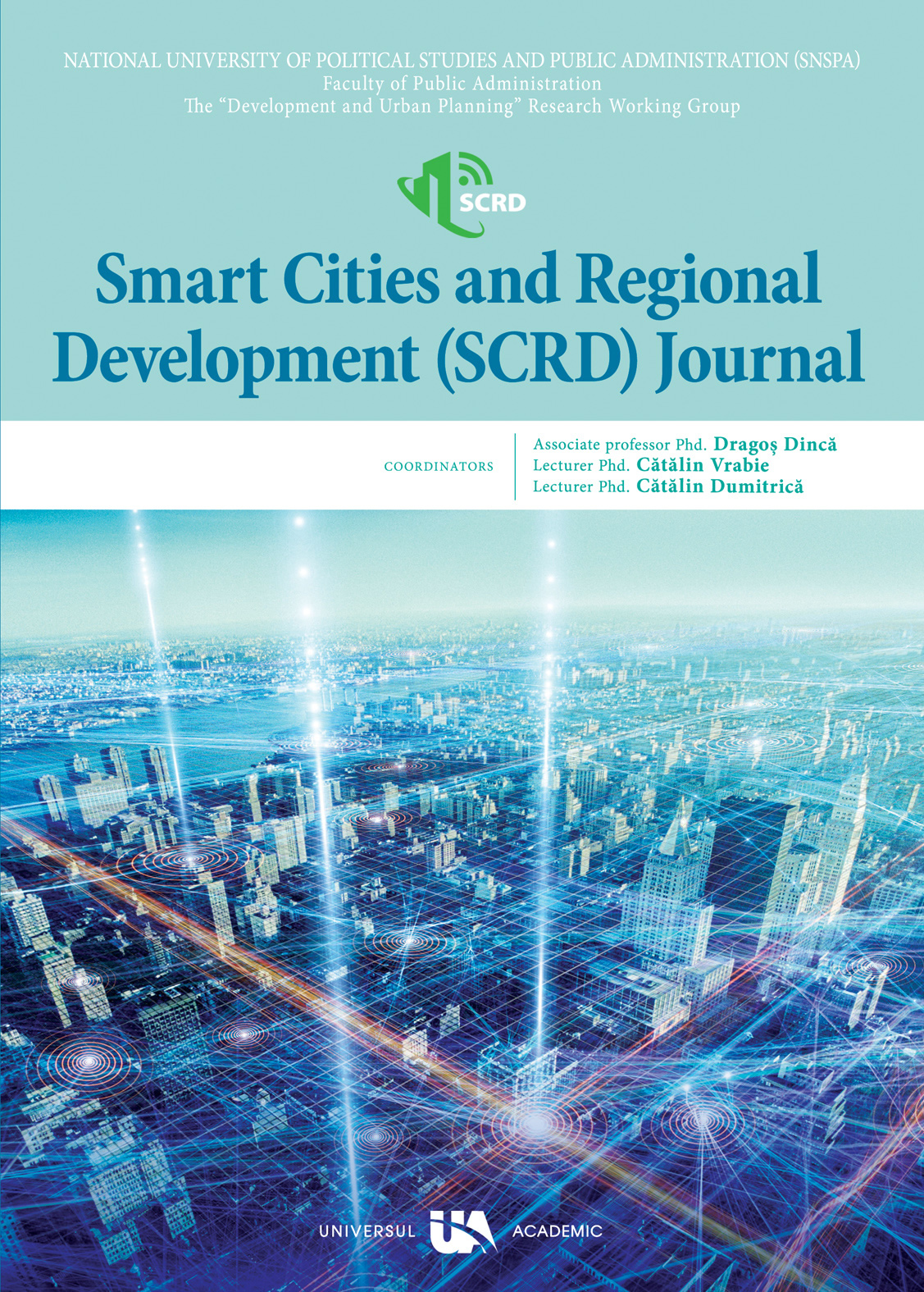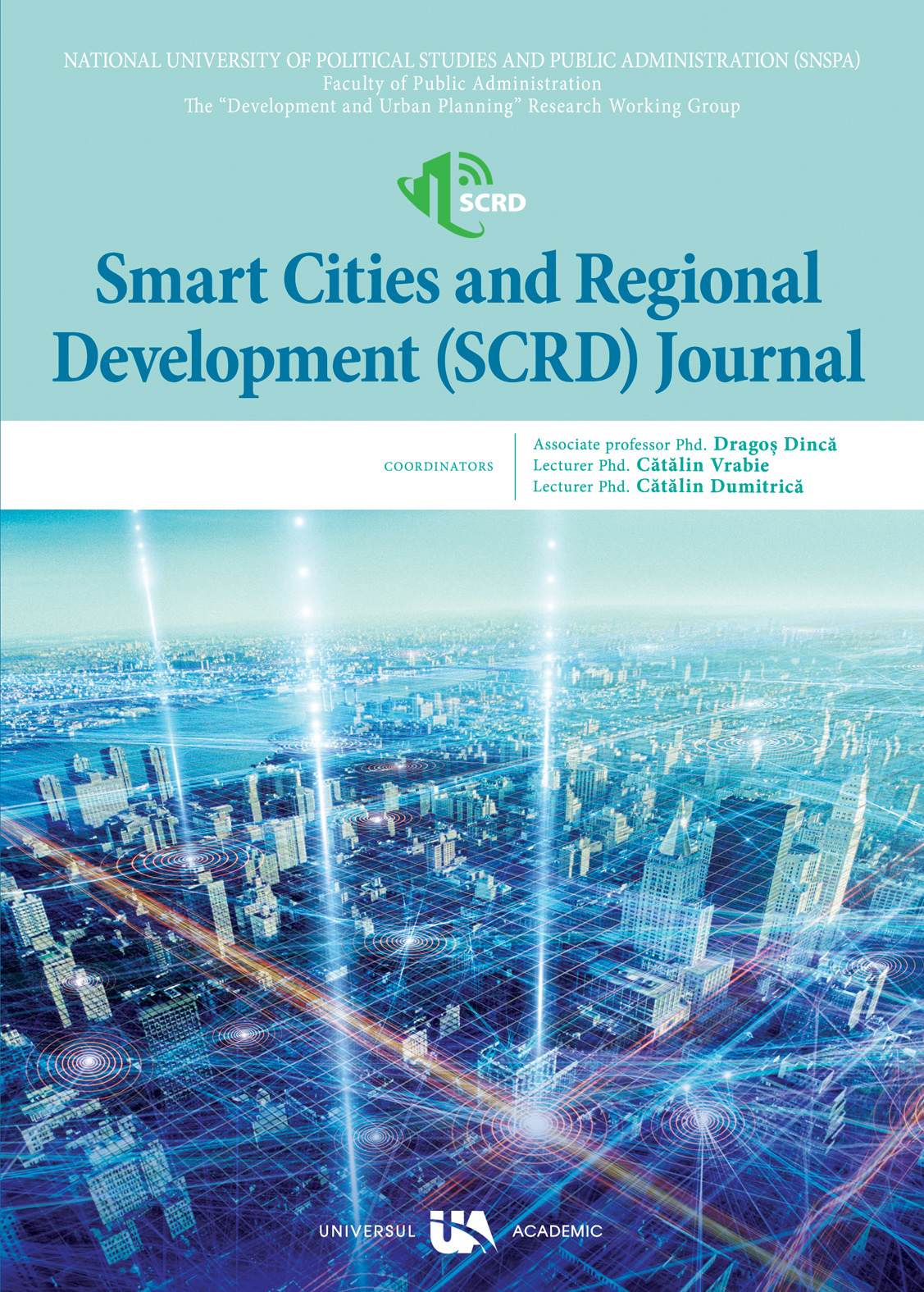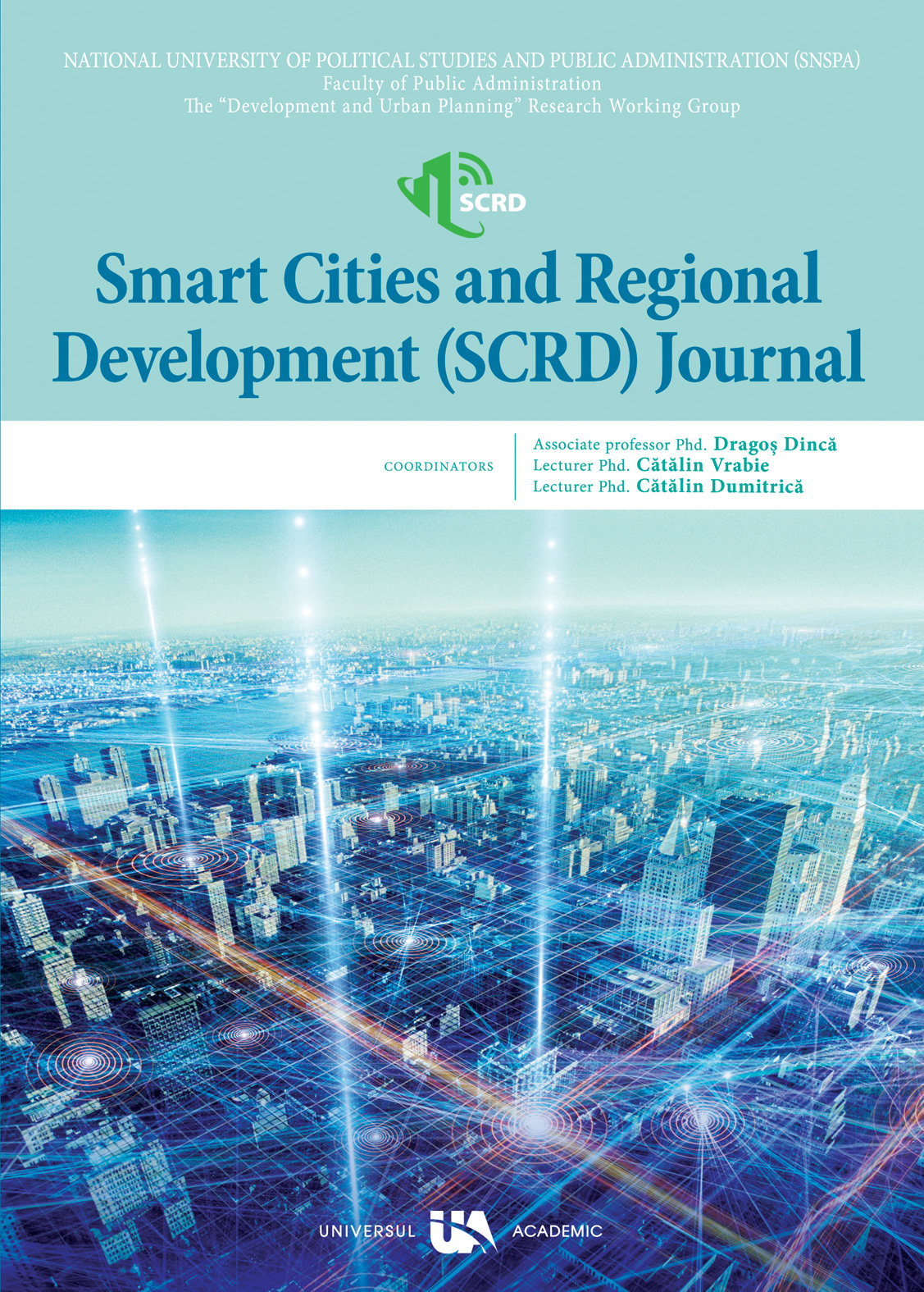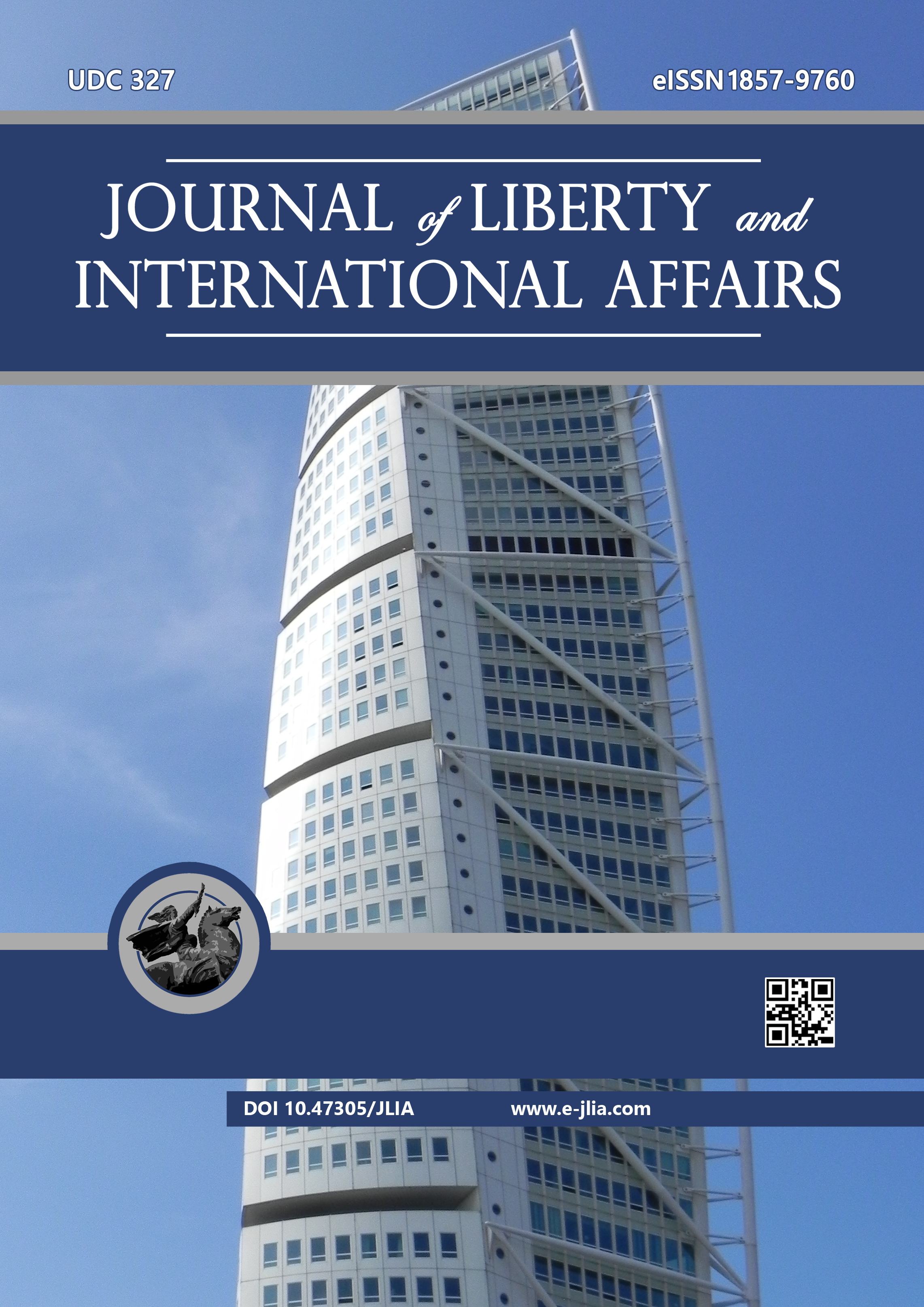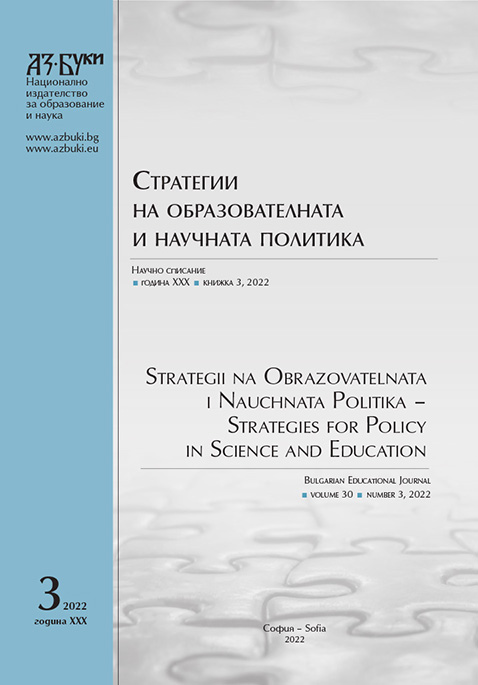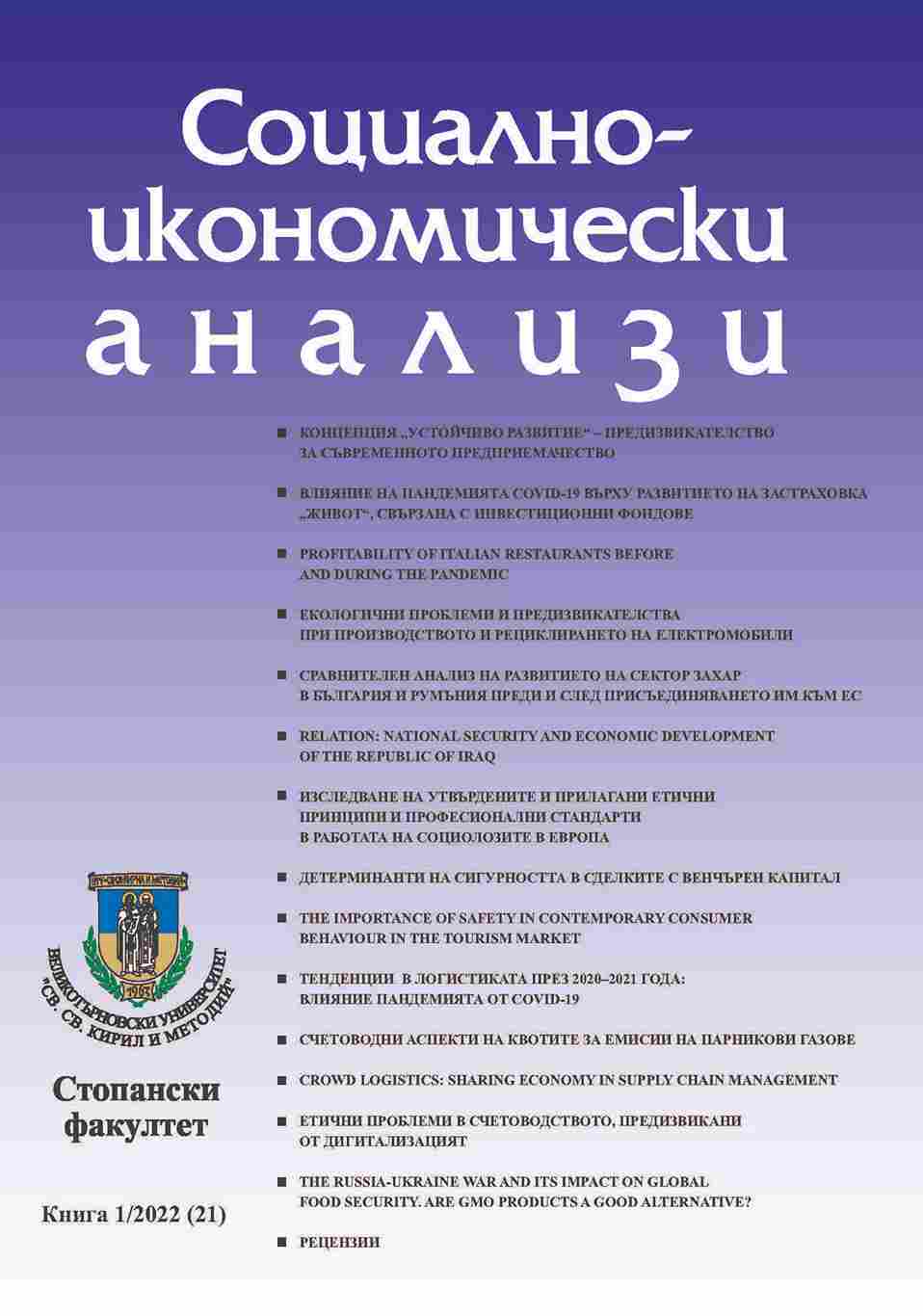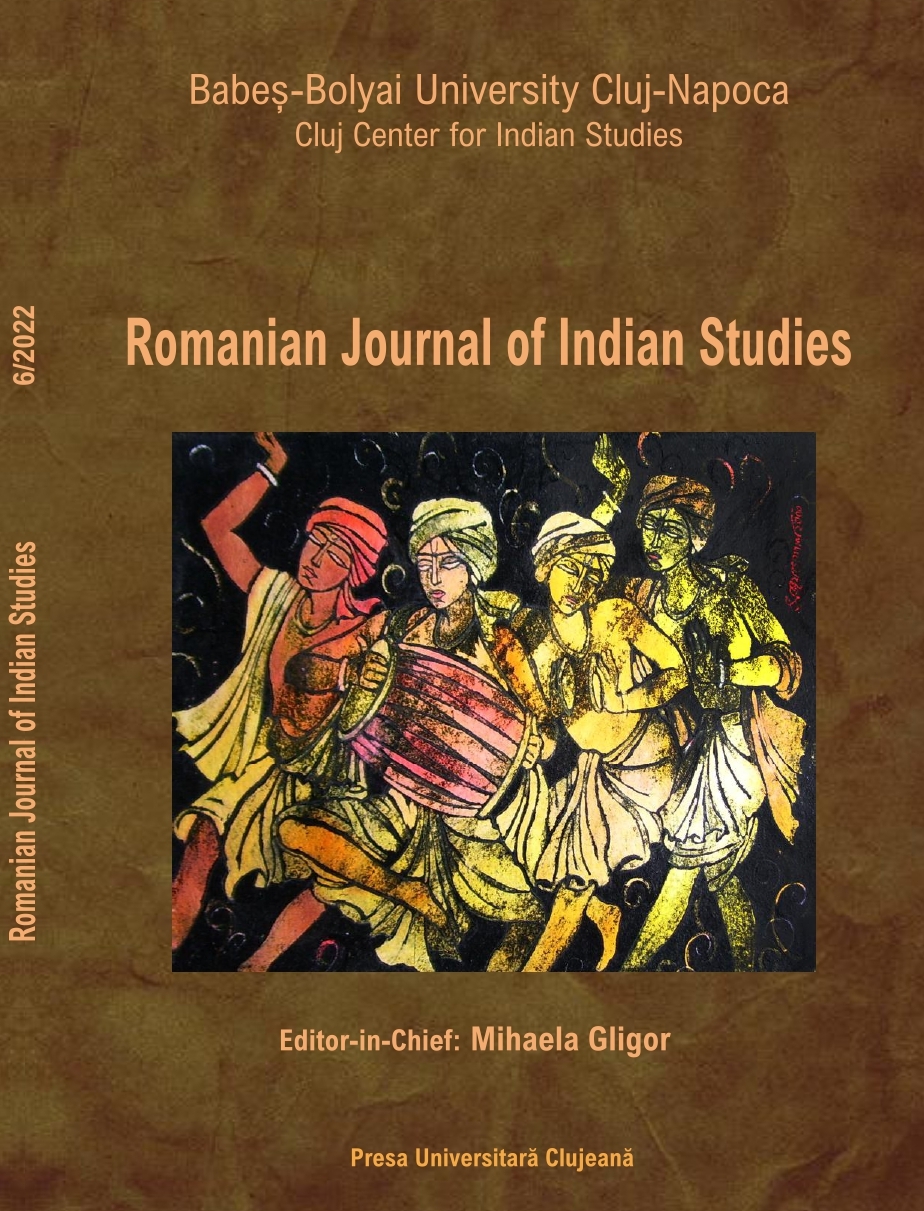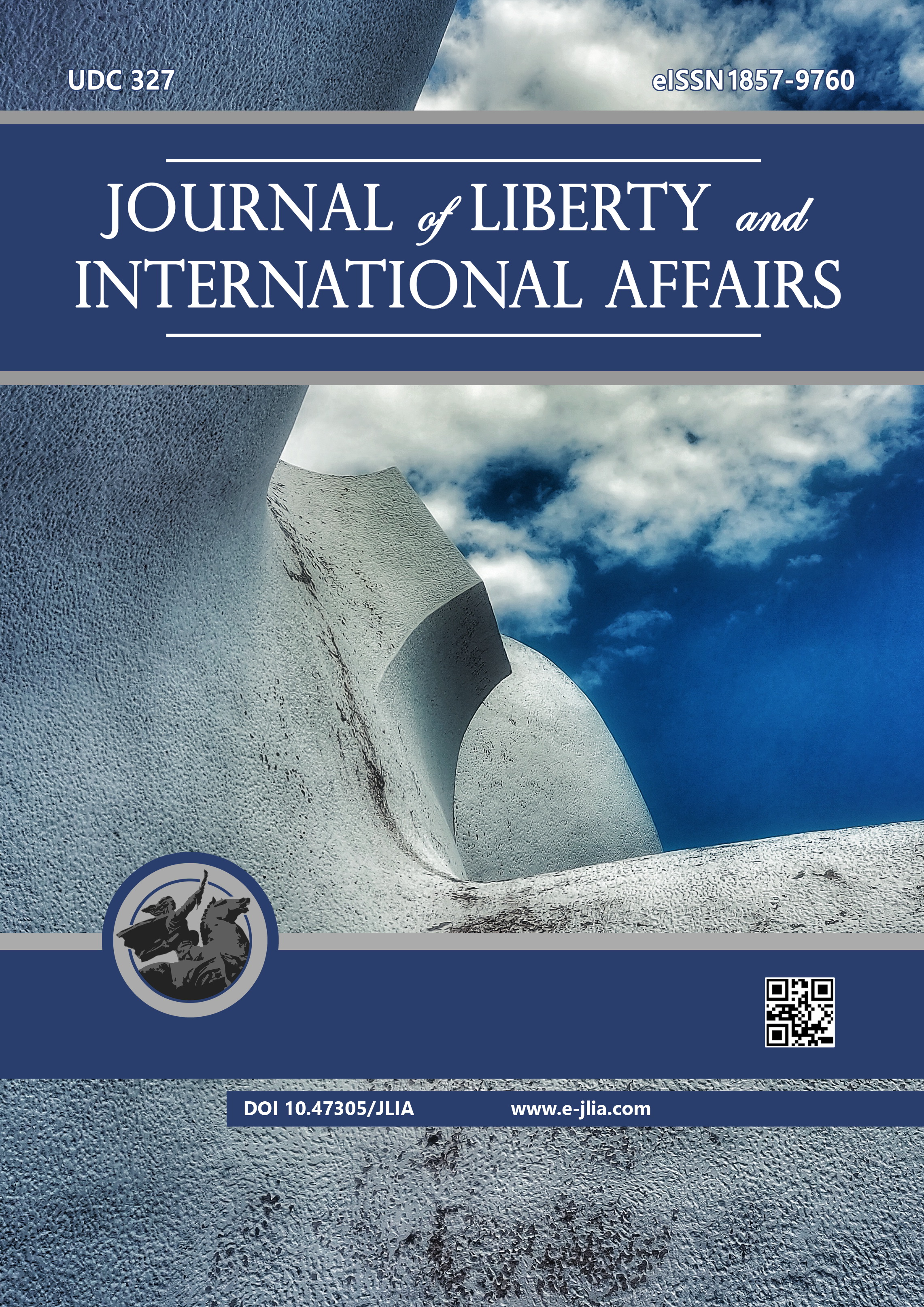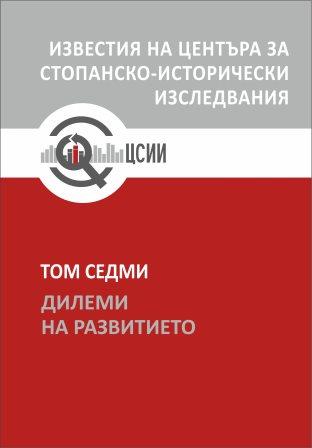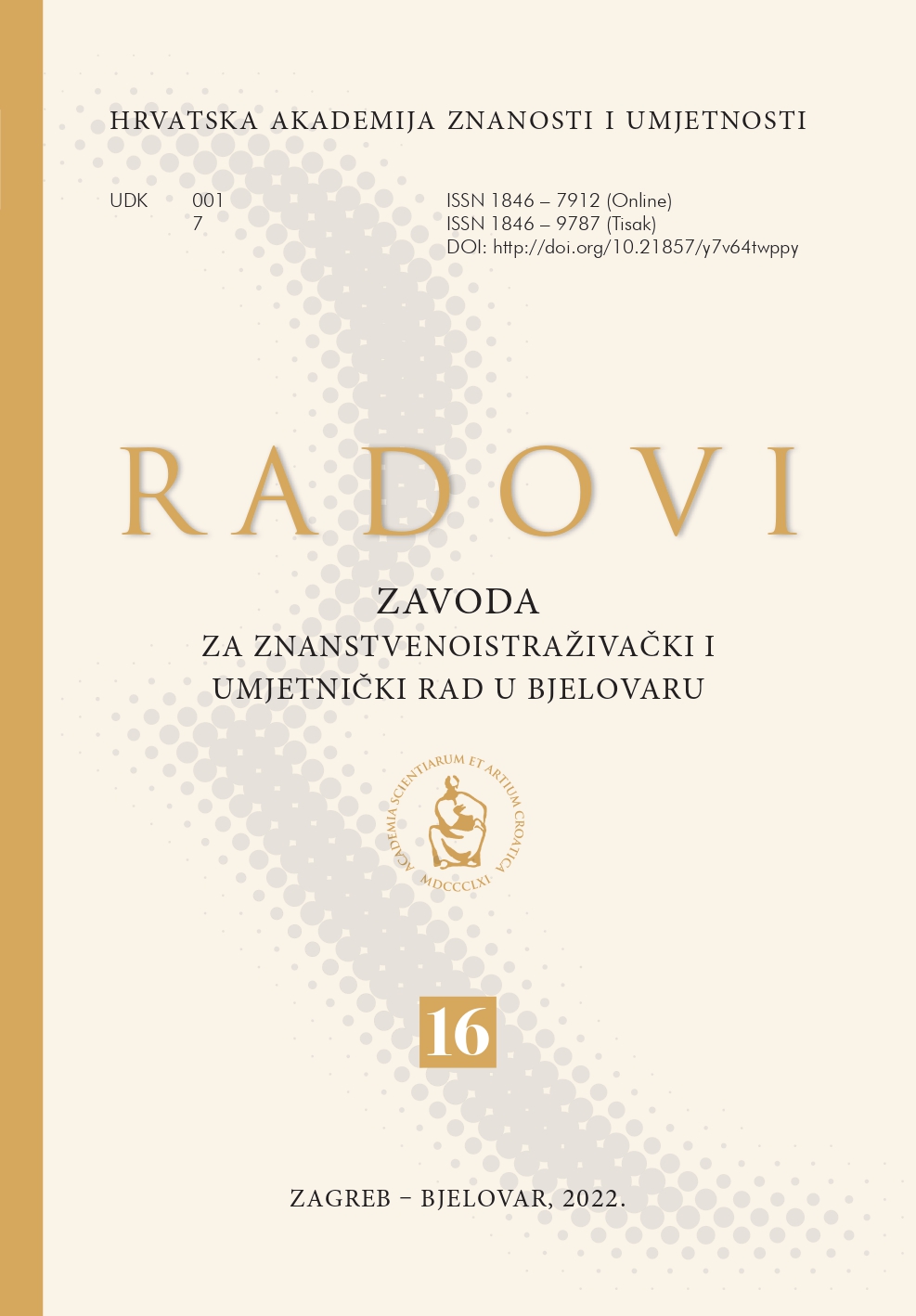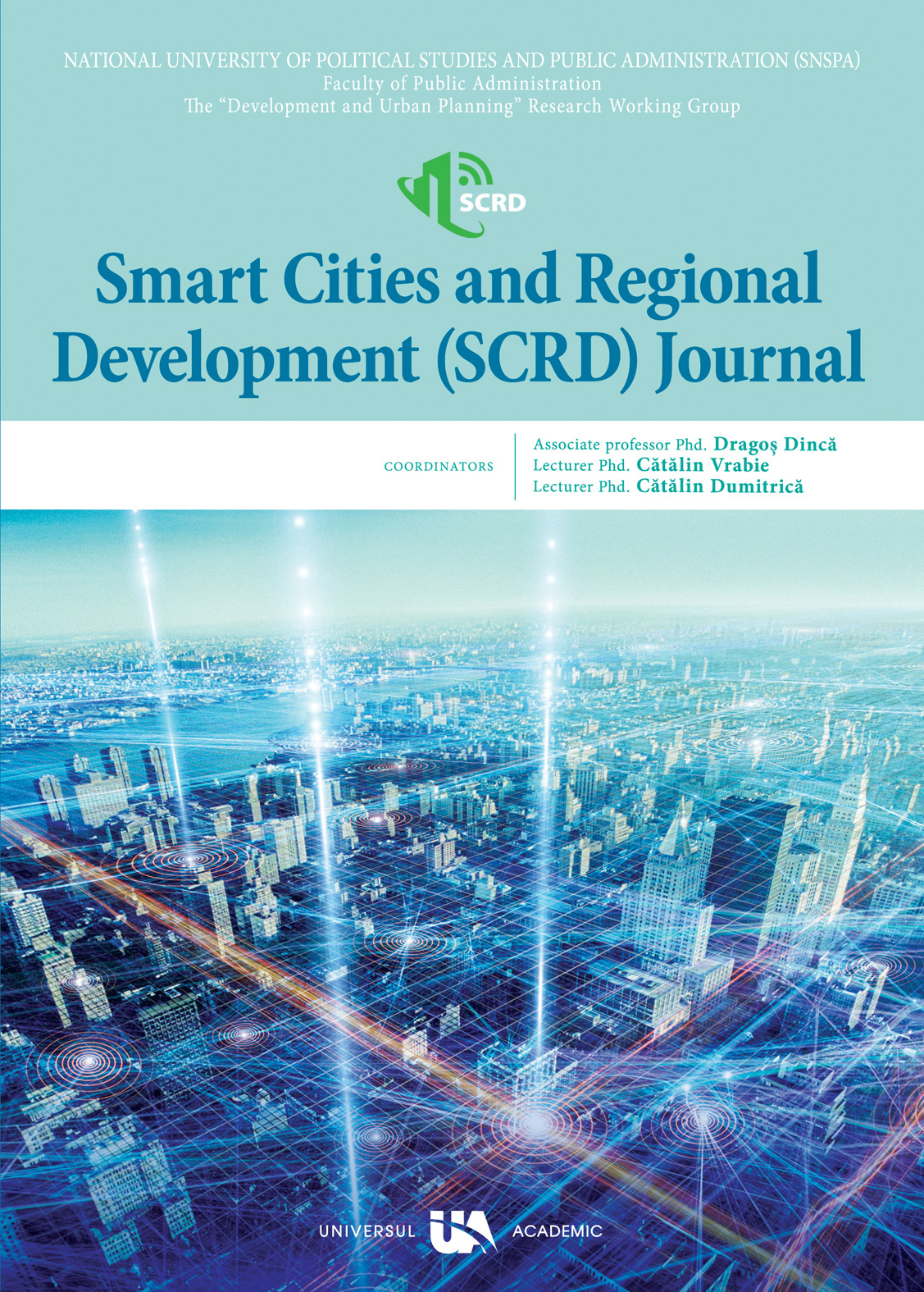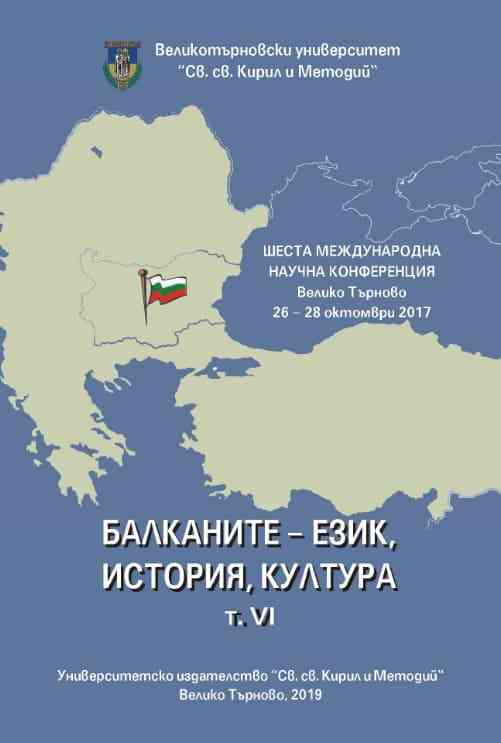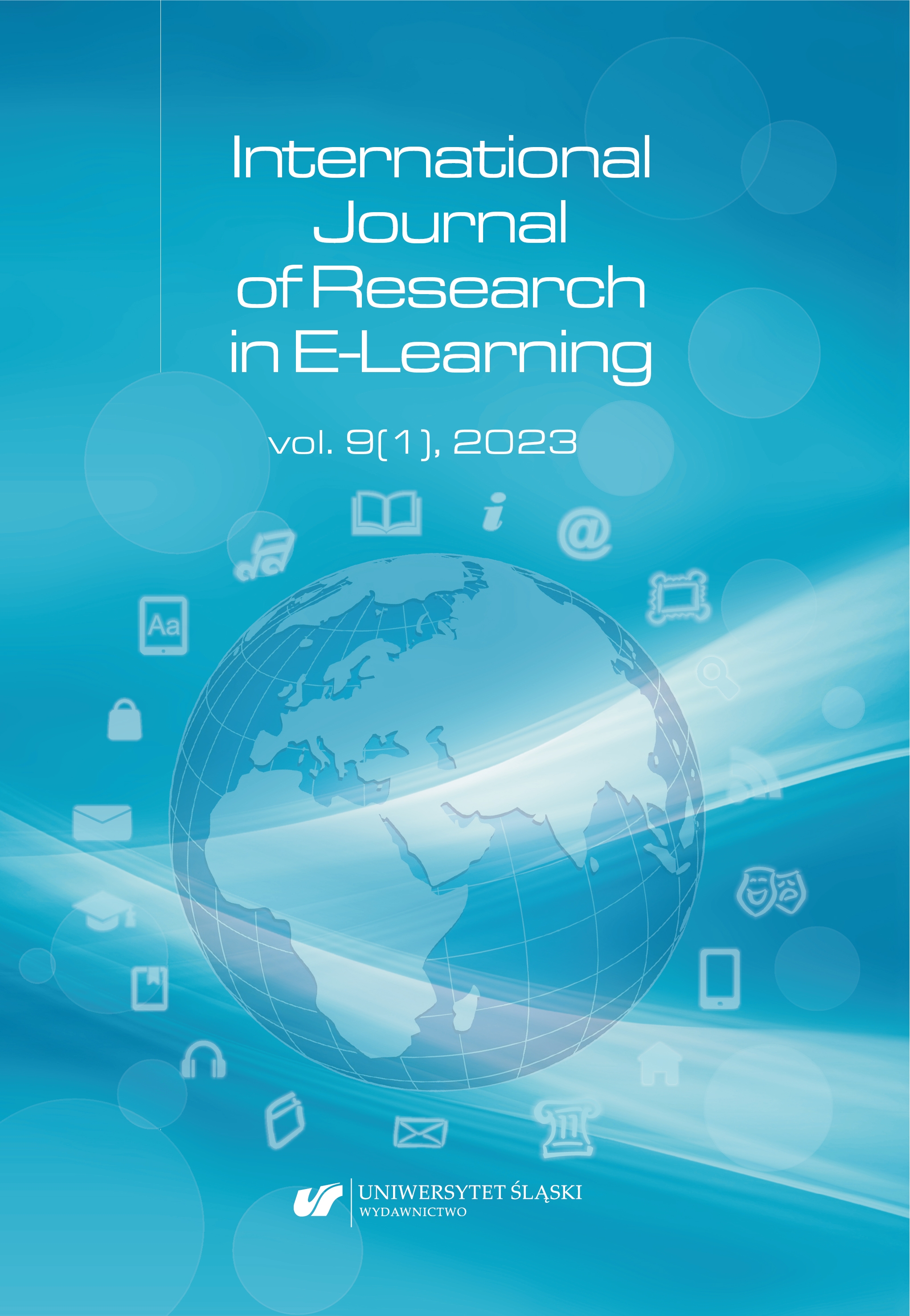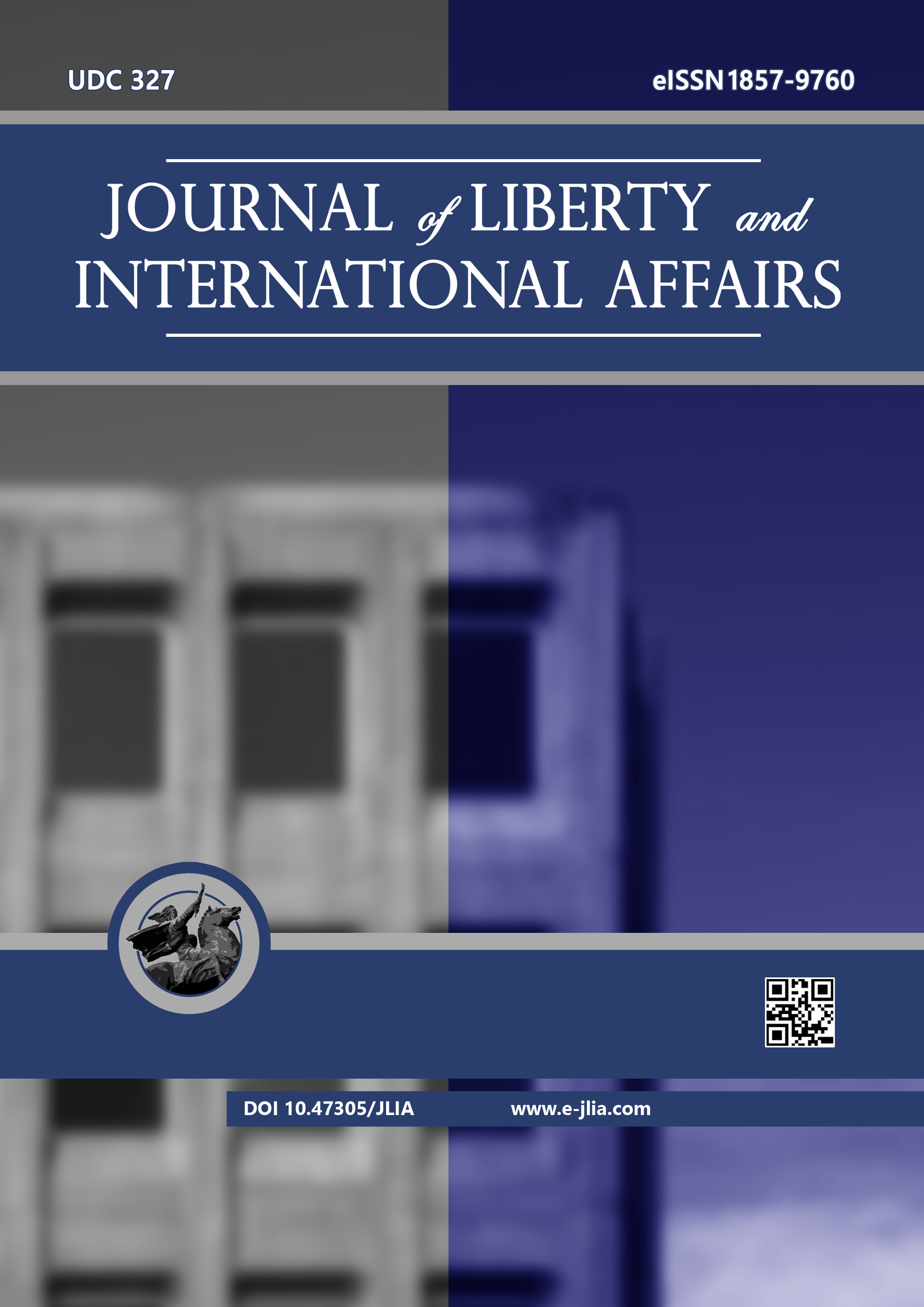
SOCIAL CAPITAL AND ITS CHANGES IN ARMENIA: CHALLENGES AND EXPECTATIONS
Social capital was the Achilles’ heel of the economic competitiveness of Armenia. In the meantime, the country made significant progress in solidifying it since the Velvet Revolution. In this article, we tried to present and analyze those elements of social capital which demonstrated significant progress in post-revolutionary Armenia, as well as the changes thereof. For that purpose, we have formulated the following research questions: What factors led to this growth, and what factors still lag? What hidden challenges can be observed through factual indicators which probably resulted from the slight decrease in the updated scores? What changes can be expected from the turbulent world and in the post-war society? The applied methodology is quantitative. In particular, to answer the research questions we used index analysis, graphic analysis, and comparison, correlation analysis techniques, pared t-test of the mathematical-statistical significance of changes, and Principal Component Analysis. The results of the analysis showed that a significant increase in the level of social capital was recorded in post-revolutionary Armenia, which was mainly due to the progress in institutional trust. Nevertheless, some revealed anomalies and encountered challenges undermined the archived progress in the growth of trust. Therefore, we put forward several recommendations.
More...
